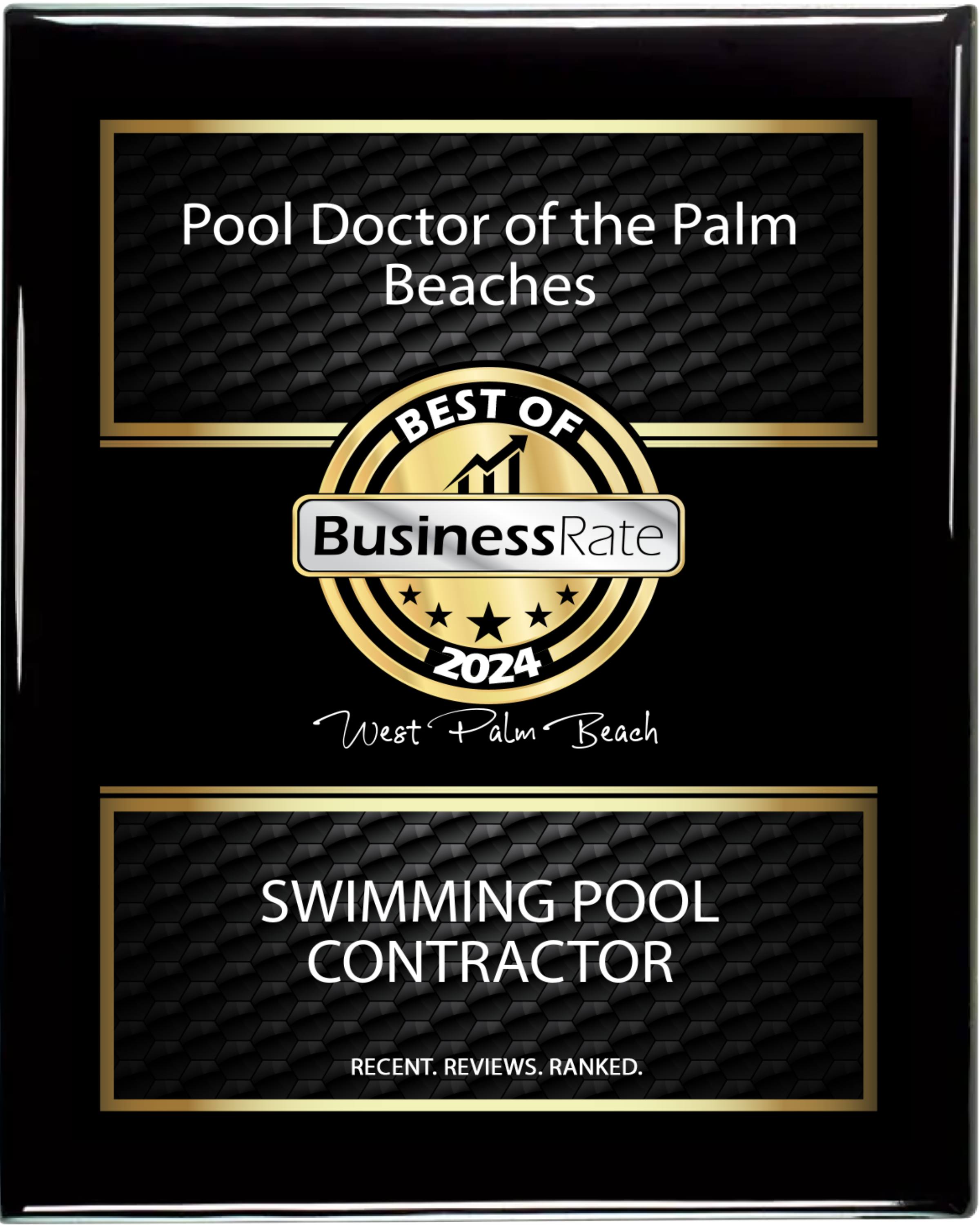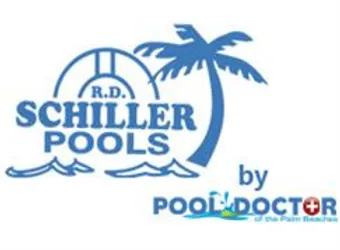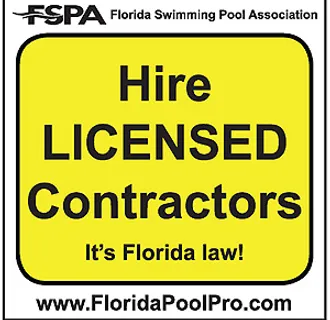Keeping your pool safe is crucial for a fun and worry-free experience. Regular maintenance goes a long way in making sure everything is in good working order. By paying attention to your pool’s upkeep, you can prevent accidents and protect everyone who uses it.
Maintaining a pool involves several key tasks that directly impact safety. From checking equipment to balancing chemicals, each step is important. If done properly, regular maintenance helps avoid issues like slippery surfaces, water contamination, and equipment malfunctions.
Pools provide endless enjoyment, but they can also pose risks if not maintained properly. Simple routine checks and cleanings can create a safer environment for everyone. Ensuring your water is clean and clear, and that all equipment is functioning, greatly reduces the risk of accidents. With a consistent maintenance routine, you can keep your pool as safe as it is fun.
Importance of Regular Pool Maintenance
Regular pool maintenance is essential for ensuring safety and longevity. A well-maintained pool not only looks inviting but also reduces the risk of accidents and health hazards. By keeping up with routine care, you can spot and fix potential issues before they become major problems.
Daily and weekly maintenance tasks ensure that your pool remains in good condition. Skimming the surface to remove debris, vacuuming the bottom, and brushing the walls help maintain a clean environment. Checking water levels and testing its chemistry keep the water safe for swimming.
Regular inspections of your pool’s equipment, such as filters, pumps, and heaters, help prevent mechanical failures. Maintaining the right chemical balance in your pool prevents the growth of harmful bacteria and algae. These steps help ensure a safe swimming experience for everyone. Consistent maintenance is the best way to keep your pool safe, clean, and enjoyable.
Key Safety Checks for Pool Equipment
Making sure your pool equipment functions properly is a big part of pool safety. Regular checks can prevent accidents and costly repairs. Here’s a simple checklist for what to inspect:
1. Pump and Filter: Ensure the pump and filter are running smoothly. A malfunctioning pump can reduce water circulation, leading to dirty water. Check for leaks and unusual noises.
2. Heater: If your pool has a heater, inspect it regularly. Make sure it’s heating the water evenly and check for any signs of wear or damage.
3. Ladders and Railings: Ensure that ladders and railings are secure and free from rust. Loose or broken fittings can cause accidents when entering or exiting the pool.
4. Skimmers and Drains: Check skimmers and drains to make sure they are not clogged or damaged. Clean them regularly to maintain proper water flow and filtration.
5. Safety Covers and Fences: Inspect safety covers for tears and make sure they fit properly. Check that pool fences are intact and gates are self-closing and latching.
By following these safety checks, you can ensure all your pool equipment is functioning properly. Regular maintenance keeps everything running smoothly, so you can enjoy your pool with peace of mind.
Routine Cleaning to Prevent Accidents
Keeping your pool clean is essential for preventing accidents. A clean pool reduces the risk of slips and falls, especially on wet surfaces. Routine cleaning helps keep the water clear and free from harmful bacteria and debris. Here are some tips for effective pool cleaning:
1. Skim the Surface: Use a skimmer net to remove leaves, bugs, and other debris floating on the water. Do this daily to keep the surface clean.
2. Vacuum the Pool: Regularly vacuum the bottom of the pool to get rid of dirt and sediment. Automatic pool cleaners can make this task easier, but a manual vacuum works well too.
3. Brush the Walls and Floor: Brush the pool walls and floor to remove algae and grime. Focus on areas where water circulation is low, as these spots are more prone to algae growth.
4. Clean the Skimmer and Pump Baskets: Empty the skimmer and pump baskets to ensure proper water flow. Clogged baskets can cause the pump to work harder, leading to potential damage.
5. Check and Clean Filters: Regularly clean or backwash your pool filter according to the manufacturer’s instructions. A clean filter ensures efficient water filtration and keeps the pool water clear.
By sticking to these cleaning routines, you can keep your pool safe and enjoyable. Regular cleaning prevents accidents and helps maintain a healthy environment for swimming.
Chemical Balance and Water Quality Safety Tips
Maintaining the right chemical balance in your pool is crucial for safety. Proper water chemistry prevents the growth of harmful bacteria and algae, ensuring the water is safe for swimming. Here are some tips to keep your pool’s chemical levels in check:
1. Test the Water Regularly: Use a test kit to check the pH, chlorine, and alkalinity levels in your pool. Aim to test the water at least twice a week.
2. Adjust pH Levels: The ideal pH range for pool water is between 7.4 and 7.6. If the pH is too high or too low, add the necessary chemicals to bring it back to the optimal range.
3. Maintain Chlorine Levels: Chlorine helps kill bacteria and keeps the water clean. Keep the chlorine levels between 1 and 3 parts per million (ppm). Use a chlorine stabilizer to maintain consistent levels.
4. Check Alkalinity: Total alkalinity should be between 80 and 120 ppm. Proper alkalinity helps stabilize the pH levels and prevents fluctuations.
5. Shock the Pool: Regularly shock the pool, especially after heavy use or a rainstorm. Shocking the pool helps eliminate contaminants and keeps the water clear.
6. Monitor Calcium Hardness: Calcium hardness should be between 200 and 400 ppm. Low calcium levels can cause plaster erosion, while high levels can lead to scaling.
7. Use Algaecides: Algaecides help prevent and treat algae growth. Follow the instructions on the product for proper use.
By following these tips, you can maintain a clean and safe pool. Proper chemical balance is key to ensuring the water quality remains safe for everyone to enjoy.
Conclusion
Optimizing pool safety with regular maintenance is essential for keeping your pool a fun and safe place to swim. By staying on top of routine tasks like cleaning, equipment checks, and chemical balancing, you can prevent accidents and ensure a healthy swimming environment. Each of these steps plays a vital role in maintaining your pool’s safety and cleanliness.
If you need help with pool maintenance in West Palm Beach, Pool Doctor of the Palm Beaches is here to assist. Whether you need routine cleaning, equipment checks, or chemical balancing, our experts can keep your pool in top condition. Contact Pool Doctor of the Palm Beaches today to ensure your pool remains safe and enjoyable all year round.










